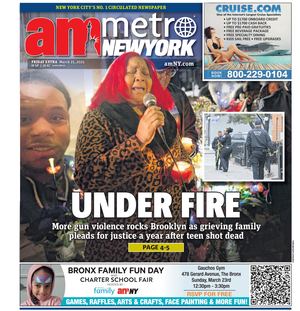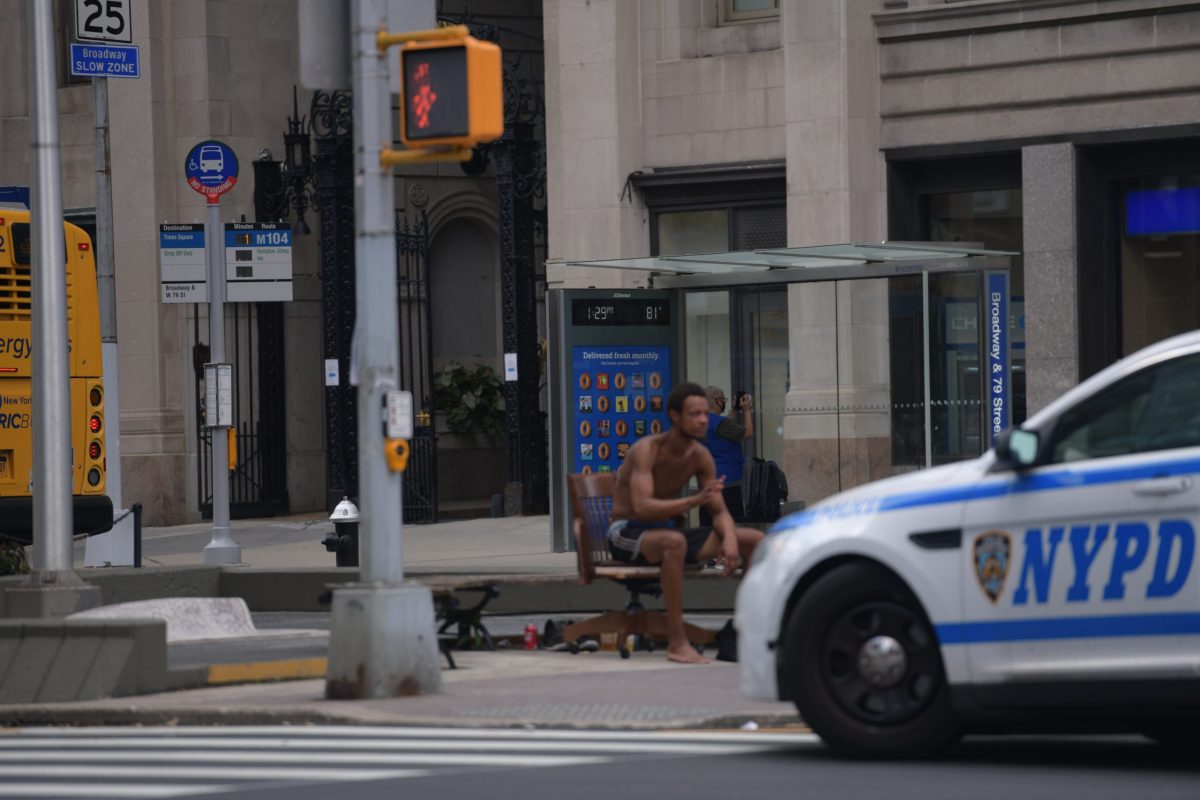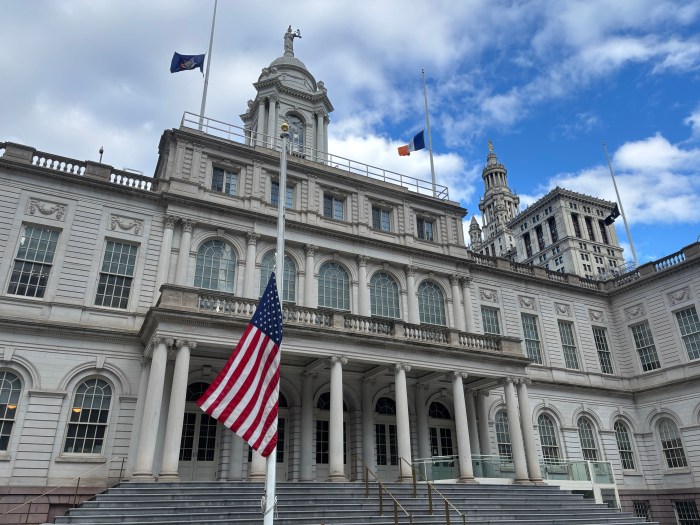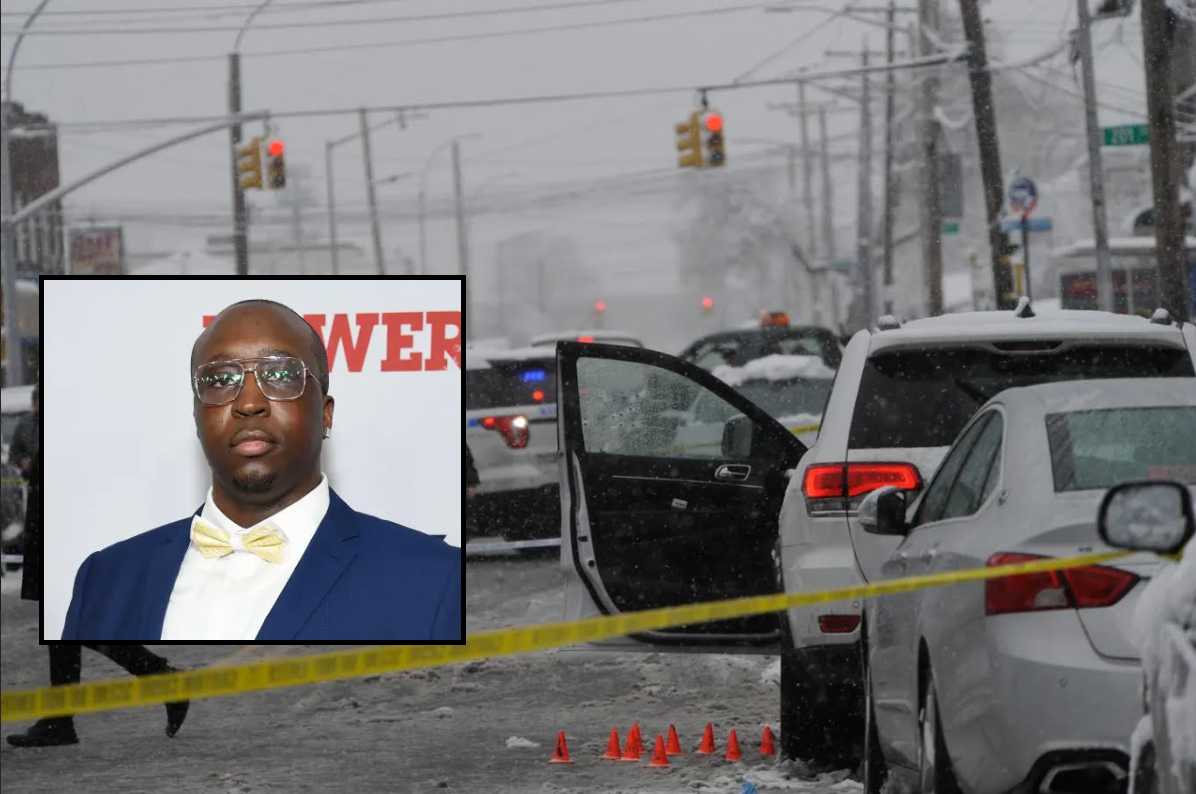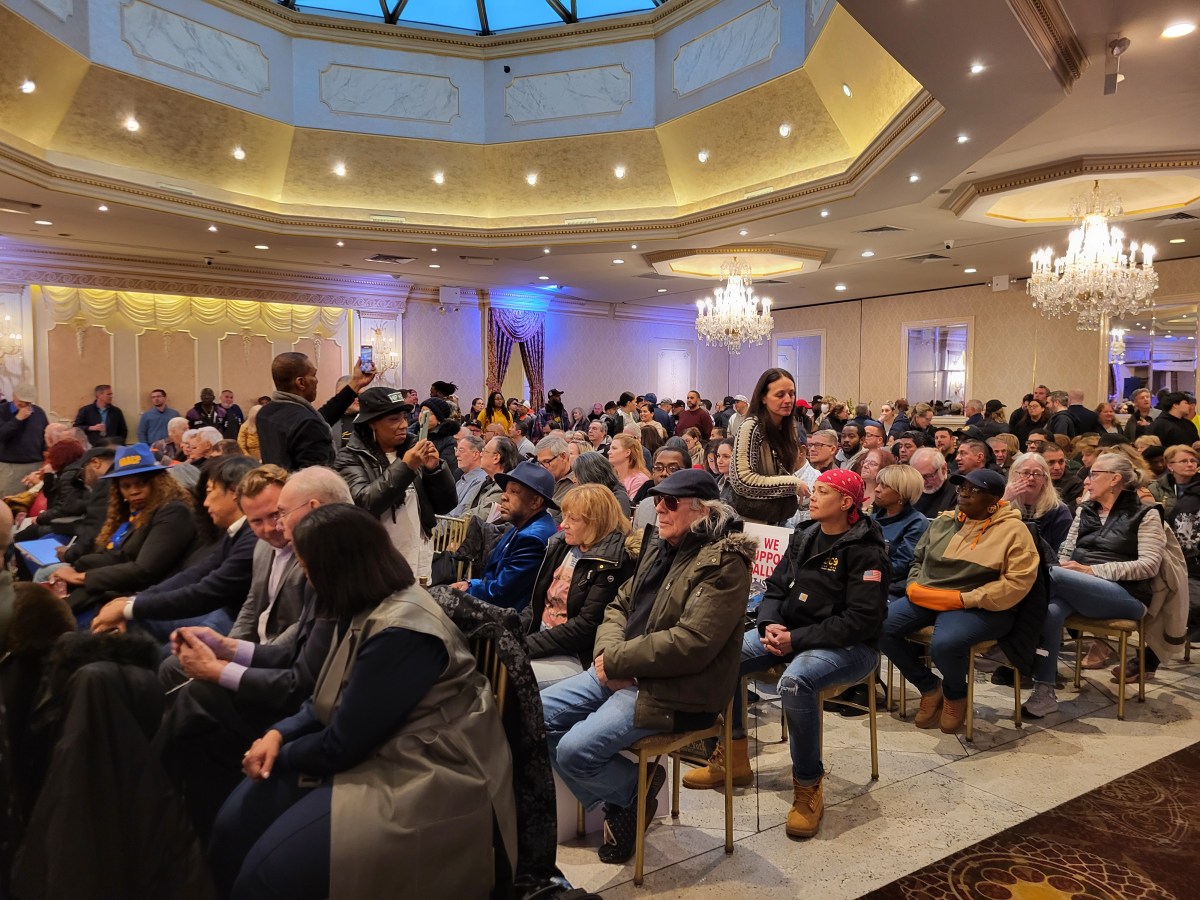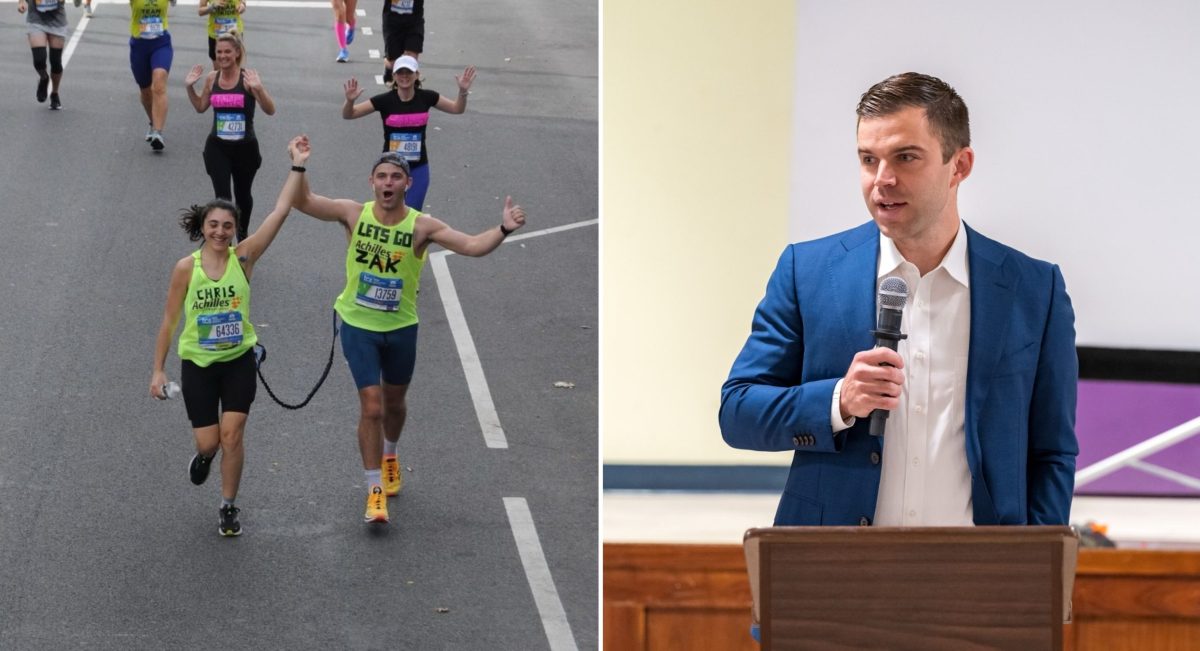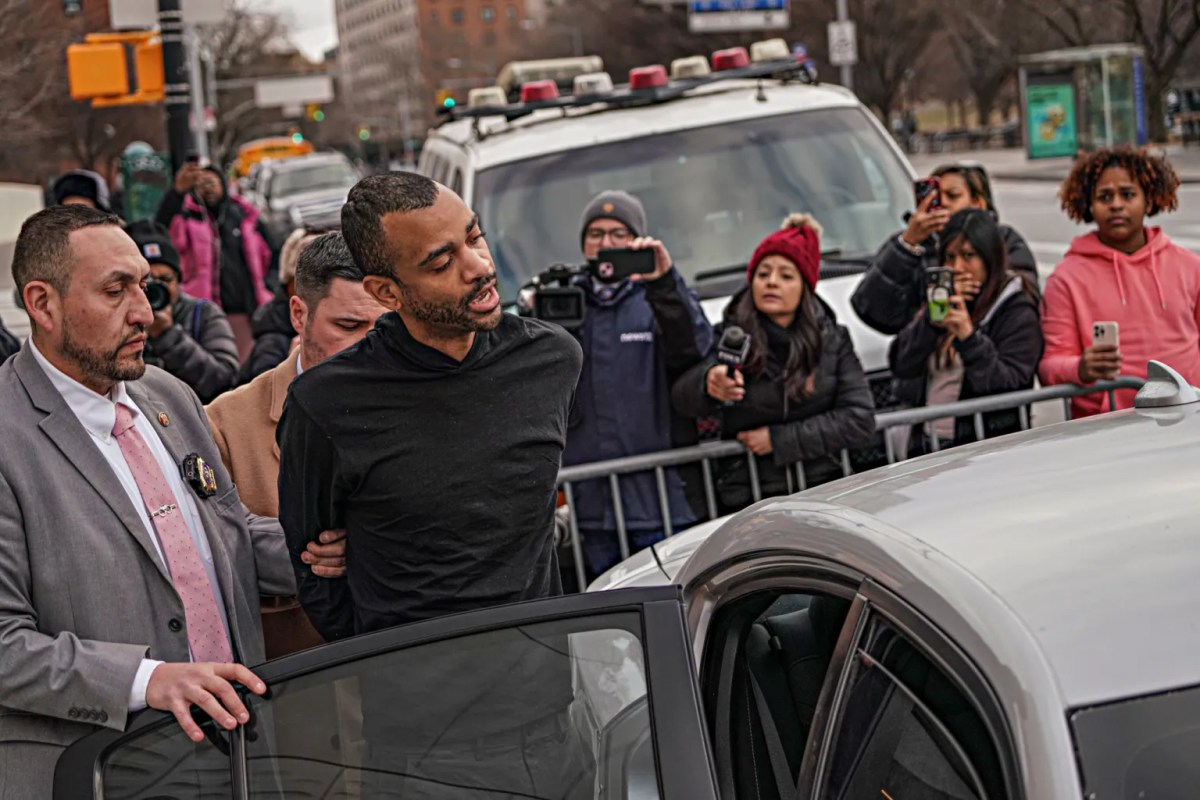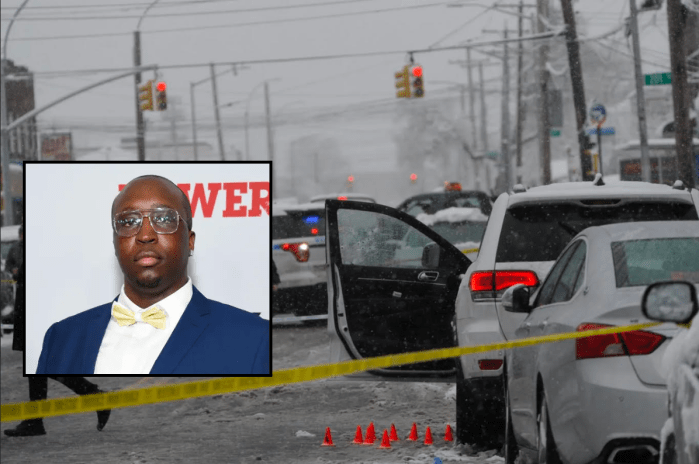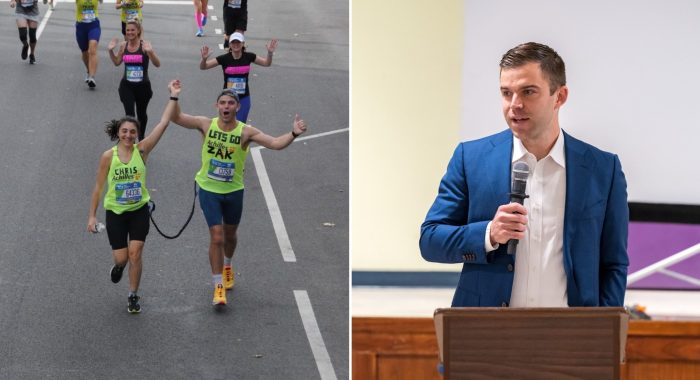BY JESSICA KATZ
The intensification of New York’s homeless crisis is one of the starkest examples of COVID’s impact in laying bare the deep inequalities across our city.
Many of the vacant hotels-turned-shelters which the City created to support the unprecedented stress on our already inadequate shelter system embodied the chasm between the haves and have nots.
Now, as wealthy communities mobilize against these emergency hotel shelters, we have seen the Mayor’s response to this moral litmus test. In the first major clash of this kind, pitting Upper West Side NIMBYs against the 300 individuals currently living in the Lucerne Hotel, he has bowed to misplaced community frustration and put in motion a relocation policy that is short-sighted, ineffective, and counter-productive.
First, moving 300 individuals out of the Lucerne Hotel destabilizes those 300 residents plus hundreds more homeless families in shelters across the city who were moved with no notice to make room for the Lucerne refugees.
At their best, shelters are a place where New Yorkers down on their luck can regroup and start to build back the lives they have lost. Being shuttled from shelter to shelter with no notice compromises that mission. Two days’ notice is legally required for moves within the shelter system, but I doubt most New Yorkers have come home to a notice demanding they vacate in 48 hours.
Second, in addition to the homeless families themselves, dozens of staff at multiple nonprofit and City agencies had to drop everything to put this ill-advised policy into effect.
During Superstorm Sandy, I had the honor of working alongside the men and women of DHS as they created a new shelter system out of whole cloth for hundreds of thousands of New Yorkers. I have never seen such dedication or effectiveness. Their job is to help provide a roof and a new path forward for New Yorkers experiencing homeless, but the disruption of the Mayor’s relocation has taken them away from that job. Distracting and demoralizing hundreds of City and nonprofit staff is a waste of taxpayer resources and stems from a lack of leadership.
Worst of all, this policy decision bows down to the worst impulses of New Yorkers instead of supporting and encouraging the neighborliness and empathy that is in abundance on the Upper West Side.
In forcing the relocation of those the Lucerne is currently sheltering, the Mayor has aligned himself with privileged vigilantes who have called for pepper spraying these residents, hiring private security to assault them, and making them wear armbands to make themselves easily identifiable in public.
It’s such a shame, because in the midst of all this ugliness is an Upper West Side community who wanted badly to do the right thing, who advocated for more services, who brought their children to the Lucerne to welcome their new neighbors, and who over the years have consistently welcomed shelters and supportive housing into the neighborhood.
But it has been a difficult time for our city, and empathy is running low these days, so let’s just talk about effectiveness—and why this decision won’t help homeless people or appease those trying to run them out of town.
The Upper West Siders are not imagining things. With libraries, drop-in centers, fast food restaurants and coffee shops all closed to the public and their restrooms no longer available, and a deadly virus making indoor activities a public health risk, New Yorkers probably are seeing the tragedy of homelessness more than before. The City should be doing more to make sure that homeless people have a safe place to sleep, to use the restroom, and get the help they need.
Yet the residents of the Lucerne hotel are not the ones making some Upper West Siders angry, sad, and uncomfortable. These people had (for the first time in a long while!) their own bed, their own bathroom, and their own TV. I would not be surprised if the opponents of the Lucerne Hotel residents do not see any amelioration in the quality of life concerns they have been complaining about.
We should judge our city on how it treats its most vulnerable, not how well it heeds the will of its most privileged and vocal minority. Because, at the end of the day, the real question is: whose quality of life has suffered most from the scourge of homelessness? I think we all know the answer.
Jessica Katz is the Executive Director of the Citizens Housing and Planning Council
